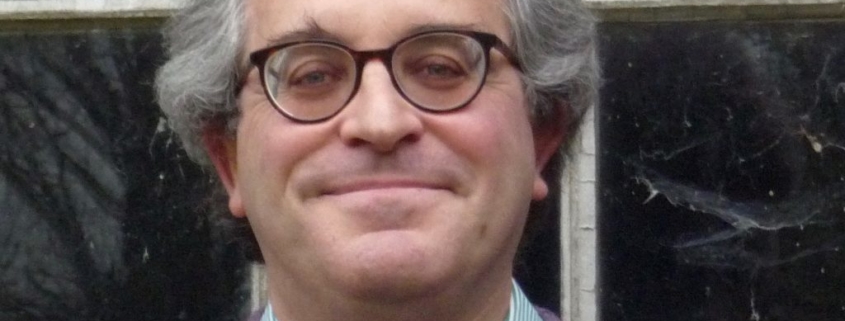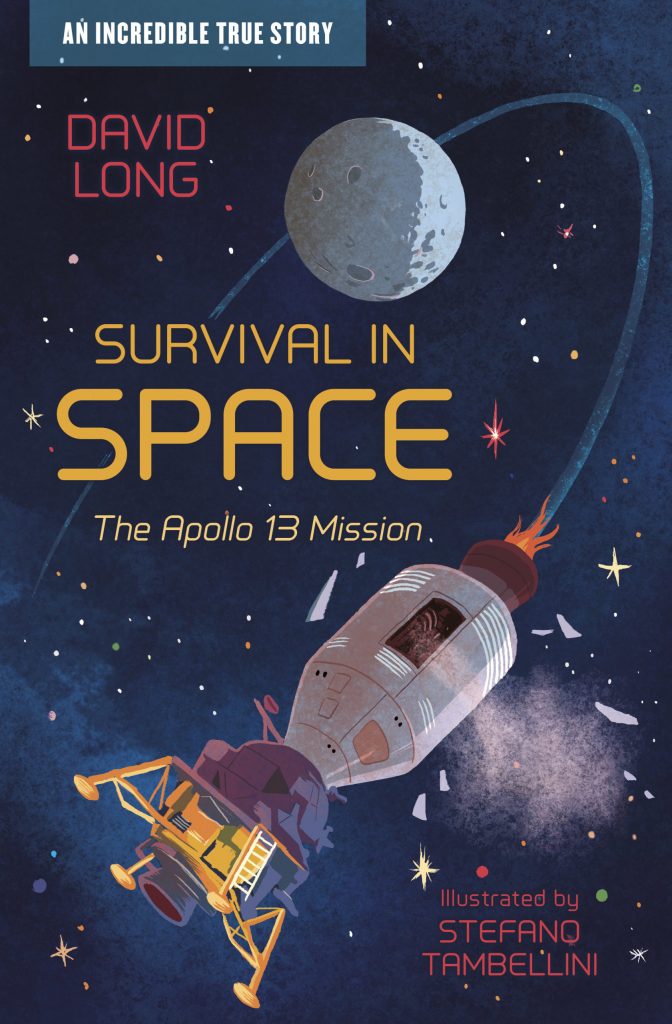Survival in Space
FCBG blasts off today’s celebration of National Non-Fiction November, with a blog about Space by author David Long. His brilliant book, Survival in Space, brings the incredible Apollo 13 mission and the heroes on-board to life.
Something amazing happened when Survivors was published by Faber a few years ago. The book was voted Blue Peter Book of the Year and as a result I was invited to speak at several schools and literary festivals I’d not visited before.
It was immediately apparent when I did this that many of the children I met found the stories genuinely inspiring. Obviously I had hoped this would be the case – the true-life adventures I had chosen to include really are incredible – and indeed part of my reason for writing the book in the first place was to demonstrate to young readers how ordinary people can and do achieve some really extraordinary things.
It is also important to me that youngsters see that they too can almost certainly achieve more than they think they can, and most of the time I do think this message gets through. However, what really amazed and surprised me was how many of them picked up on something else, which is the central role of teamwork in so many of my stories. I thought this was really interesting because it’s not something I had highlighted in the text yet the children all spotted it straightaway and wanted to talk about this as much as the individual heroism of the characters.
This is certainly one of the reasons I decided soon afterwards to start researching Survival in Space, published by Barrington Stoke in 2020.
I’ll admit to being a bit of an Apollo junkie, by the way; possibly because I am old enough (just) to remember watching the first ‘giant leap’ on a black and white TV at school but also because I’ve been lucky enough to meet and shake hands with two of the 12 astronauts who walked on the surface. In fact, I had already written a book about the moon landings before starting this one, although while writing it I began to realise that, for me at least, the most remarkable story from that era isn’t about how a dozen men got to the Moon but rather the other one about how three of them didn’t.
Don’t get me wrong. I happily lift my hat to all the space pioneers, American and Russian, but there is something particularly special about Jim Lovell, Jack Swigert and Fred Haise. The way they got home in their crippled spacecraft, and against almost impossible odds, never fails to move and excite me. Combining courage, co-operation and coolness under fire, it is, quite simply, one of the greatest stories ever told.
Of course the whole Apollo programme was an exercise in cooperation and teamwork. Although only a very few brave men actually got to fly in those magnificent Saturn V rockets, getting them to the Moon involved the hard work, technical expertise and utter dedication of more than 400,000 scientists, engineers, mathematicians and others, women as well as men – and they flew there on the prayers and goodwill of millions of others.
Similarly, when things went badly wrong more than 200,000 miles out in space (as they were perhaps almost bound to on a rocket made of 3,000,000 different parts), it was teamwork which got Lovell, Swigert and Haise safely home. I love the details of how they did it with socks and sticky-tape (and I know young readers do too) but even more I love the way the Apollo 13 mission shows the rest of us how much more can be achieve when people stay cool, think things through – and work together.
Survival in Space by David Long, published by Barrington Stoke is on sale in bookshops.







Leave a Reply
Want to join the discussion?Feel free to contribute!